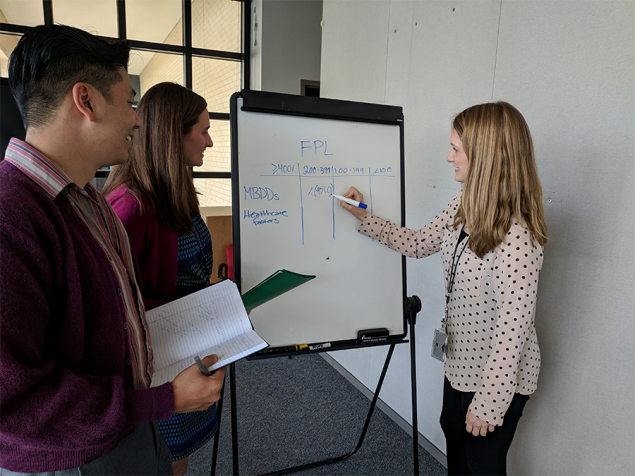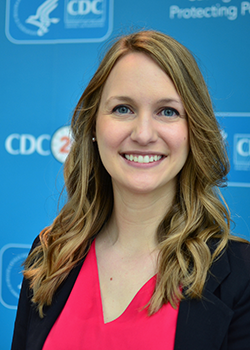Differences in Mental, Behavioral, and Developmental Disorders, Health Care, and Use of Federal Assistance Programs by Federal Poverty Level Among Children Aged 2–8 years — United States, 2016
- A new CDC study looking at mental, behavioral, and developmental disorders (MBDDs) among children aged 2–8 found that those living in households with lower income levels had more often been diagnosed with an MBDD and were less likely to see a healthcare provider in the previous year, as compared to children living in higher-income households.
- About 1 out of 5 (22%) children who lived in households with the lowest income level had a MBDD, and the investigators found that the percentage of children ever diagnosed with an MBDD decreased as family income levels increased.
- Half of children who did not see a healthcare provider in the previous year did participate in at least one program serving people in poverty, which presents a potential opportunity to reach those families with information and resources about MBDDs.
“This new study shows that children in lower-income families are more often diagnosed with a mental, behavioral, or developmental disorder, and may not be not getting the care they need. By collaborating with programs outside of the doctor’s office, public health professionals might be able to connect families with information and support related to children’s mental health.”
–Robyn Cree, PhD, EIS Class of 2017
 [PNG - 1,002 KB]
[PNG - 1,002 KB]Robyn Cree, PhD, EIS Class of 2017 (right), works with her colleagues, Melissa Danielson, MSPH, and Marvin So, MPH, CHES, to develop table shells for her analysis.
CDC Media Relations
(404) 639-3286
media@cdc.gov

Robyn Cree, PhD, EIS Class of 2017
CDC’s National Center on Birth Defects and Developmental Disabilities
Division of Human Development and Disability
Child Development and Disability Branch
Education: PhD: Yale University, 2017; BS: Pennsylvania State University, University Park, 2009
Work Experience: Research Associate, Austen- Riggs Center, Stockbridge, MA, 2016-Pres; PhD Candidate, Yale Child Study Center, New Haven, CT, 2014-Present; Teaching Fellow: Social and Cultural Factors in Mental Health and Illness (CDE 573), Yale School of Public Health, New Haven, CT, 2016-2016; Teaching Fellow: Applied Analytic Methods in Epidemiology (CDE 534), Yale School of Public Health, New Haven, CT, 2015-2016; Teaching Fellow: Principles of Epidemiology I (EMD 508), Yale School of Public Health, New Haven, CT, 2013-2015